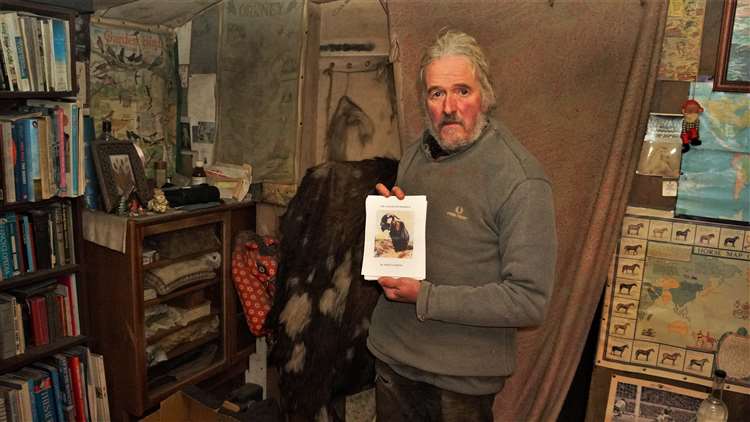Two comprehensive articles from Psychology Today discuss the benefits of solitude: “Growing, Learning, Connecting: The Benefits of Being Alone,” by Bella DePaulo and “Eight Ways to Embrace Solitude,” by Virginia Thompson.
Observations from the first article: UK scientists conducting surveys identified two positive themes from participants: that solitude is peaceful and that solitude experiences are usually chosen and valued. Older adults made these points more emphatically than younger adults or adolescents. These positive observations centered around personal growth, competence, autonomy, interpersonal connection, self-care, and an appreciation of nature and the environment. Only two items were cited as negatives of solitude: disrupted well-being and alienation.
Observations from the second article: The author notes that an appreciation of solitude requires as preliminaries skills of self-comprehension and practical strategies. Eight such skills or methods might include: 1. Enjoy solitary activities; 2. Ability to regulate emotions; 3. Introspection. Protecting one’s time to safeguard solitude include skills such as 4. Making time to be alone; 5. Being mindful of how time in solitude is spent; 6. Validating the need for solitude, correcting the bias of society towards extraversipon. Finally, learning to balance further safeguards solitude. 7. Listening for one’s solitude signals is an important skill for self-assessment of motive and feelings; 8. Knowing when to exit solitude balances emtions, opther skills, and self in the world.
URL: (DePaulo article) https://www.psychologytoday.com/us/blog/living-single/202201/growing-learning-connecting-the-benefits-being-alone; (Thompson article): https://www.psychologytoday.com/us/blog/solitude-in-social-world/202202/8-ways-embrace-solitude.


